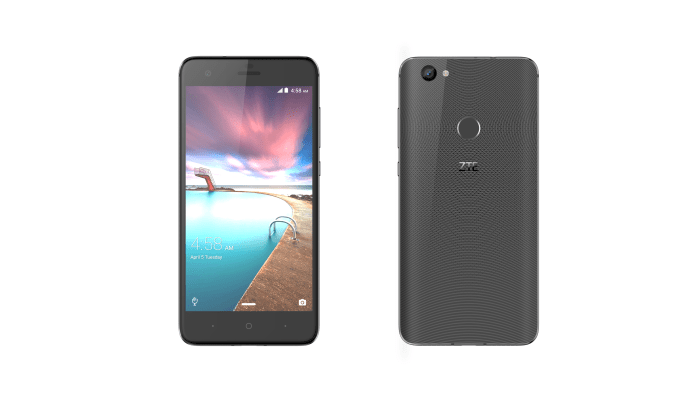Things aren’t looking great for Hawkeye. It was a valiant effort, but the first result of ZTE’s crowdsourcing Project CSX is presently at just around $35,000 into its $500,000 goal after the project launched on January 4, at the height of CES.
The company’s admitting it made some key errors along the way, with VP Jeff Yee taking to the company’s forum to apologize – kind of, sort of. For the exec, the issue isn’t so much with the product itself – a sticky-backed handset that uses eye tracking for navigation – so much as the execution.
Yee points specifically to specs as a key stumbling point. The company only officially unveiled the handset’s specs last week, after pushback from users. And when it finally revealed the numbers, things were pretty…underwhelming. According to the company, the Hawkeye was designed as a mid-range product to ultimately make it more accessible to consumers.
“We wanted the Project CSX phone (with the hands-free feature) to reach the masses around the world, which meant mid-range specs for a mid-range price that most users could afford,” he writes in the post. “Note that this was entirely within the spirit of this project – we thought that we would be delivering the great concept that all of you voted on to as many people as possible.”
In keeping with that plan, the company priced the device at $199 for the Kickstarter. But, as he handily points out, “specs can change, but the price cannot be changed.” Meaning the company has essentially painted itself into a bit of a corner on this one, so naturally, the company is once again putting the issue to users.
ZTE is essentially admitting that the scheme hasn’t gone according to plan, while using it as another opportunity for outreach, soliciting those following the process to “choose one or two things to improve the specs of the Hawkeye phone to make it more attractive.”
Unless something happens soon, the company’s crowdsourced experiment is shaping up to go out with a whimper, instead of a bang, a disappointing end for a project that almost gave the world a virtual reality diving mask and a glove that plays the piano.
